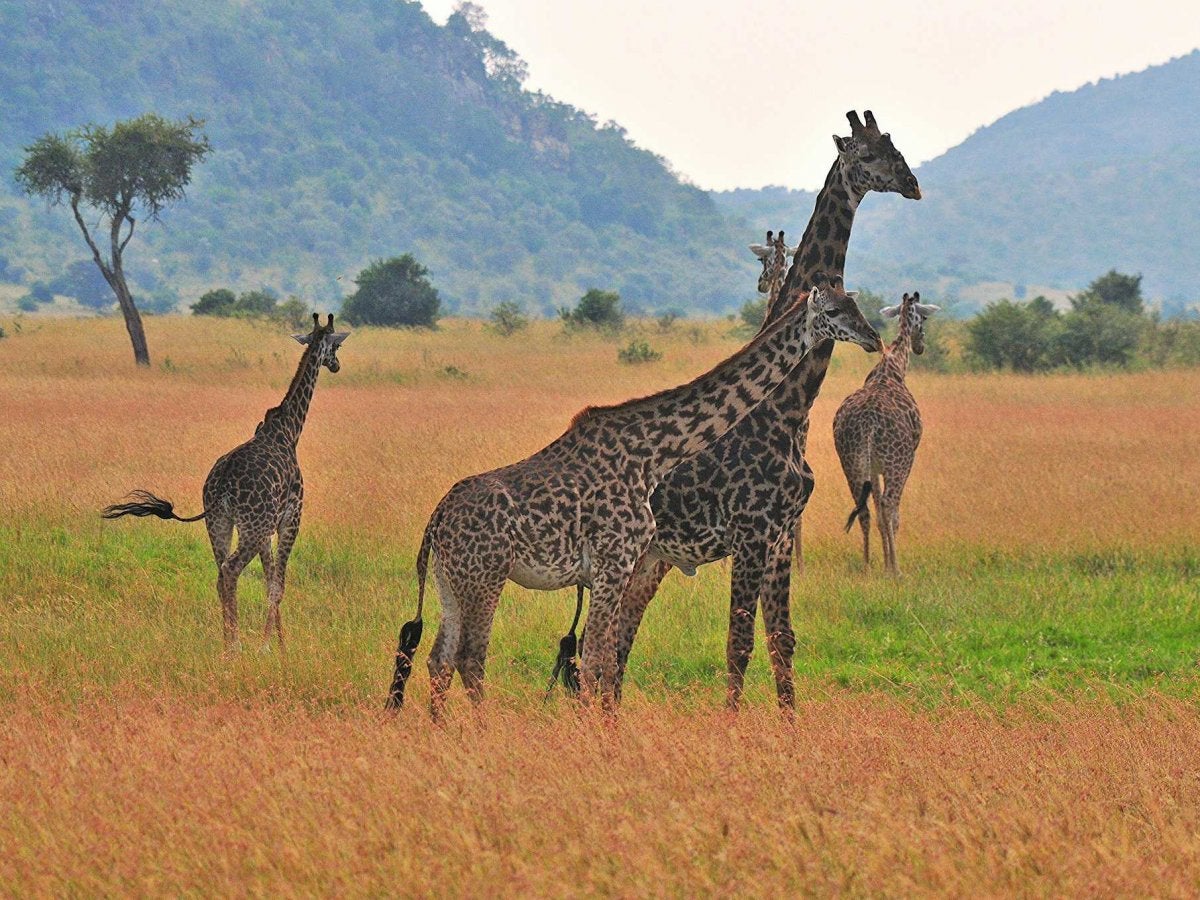Chimpanzees, leopards and giraffes among 34 species to receive additional protection
Governments from 124 countries vote on conservation plans for migratory species, many of which are near-extinct

Chimpanzees, leopards and giraffes are among 34 endangered species which will receive greater protection, governments attending a UN wildlife conference have agreed.
Many migratory species are near-extinct and the UN-backed conference called for increased international cooperation to protect these species.
The six-day long Convention of Migratory Species (CMS) which met in Manila, Philippines, voted for additional protection for 12 breeds of mammals, 16 birds and six fish.
The whale shark, the world’s largest fish, has been added to the list, as well as the giraffe which is on the decline in Africa with less than 90,000 thought to be left in the wild.
The chimpanzee, which is facing a 50 per cent drop in numbers, has also been added to the list as well as the Gobi bear with only 45 individuals known to remain in the wild in Mongolia and China.
Ten species of vultures are also due to receive special protection.
The convention, which is organised under the aegis of the United Nations Environment Programme, was attended by more than 1,000 delegates from 129 countries.
Bradnee Chambers, the executive secretary of the convention, said “everybody has to pitch in” to protect the world’s wildlife.
“It has helped to convey the message that the future of migratory wildlife is integral to our future and that we all have responsibility to act,” he said.
Governments attending the convention also agreed to cooperate on reducing the negative impacts of marine debris, noise pollution and climate change on migratory species.
Therese Mundita Lim, director of the Biodiversity Migration Bureau, said migratory animals “play a critical role in our planet’s ecosystems” by acting as pollinators, control pests and a source of food and income.
Join our commenting forum
Join thought-provoking conversations, follow other Independent readers and see their replies
Comments
Bookmark popover
Removed from bookmarks